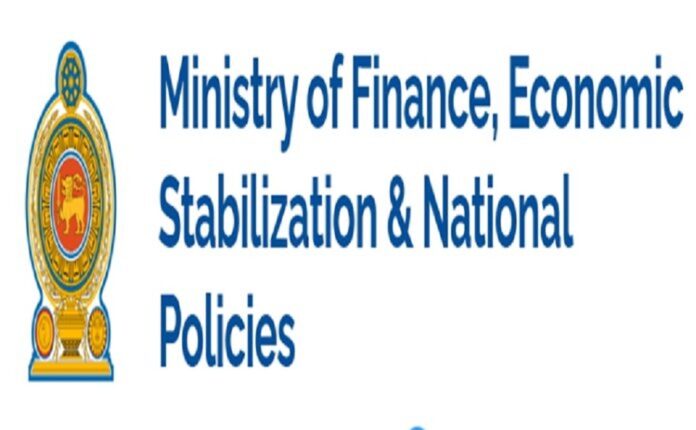Sri Lanka’s free trade deals have earned the country 600 percent more exports than imports in 2022, a Finance Ministry report said, as the country embarks on a renewed push to free consumers from vested import substitution businesses.
The Government recently engaged the private sector as part of efforts to resume negotiations of Free Trade Agreements (FTAs) which were put on the backburner by the previous administrations.
Up to September 2022, exports under four free trade deals totaled 229.1 billion rupees, up to September 2022., while imports were only 32.29 billion rupees, or exports were 7 times as big as imports.
An Indo-Lanka Free Trade Agreement generated 140.4 billion US dollars of exports and resulted in 5.1 billion rupees in imports. Compare to exports imports were around 600 percent.
A Pakistan Sri Lanka Free Trade Agreement had generated 13.1 billion rupees in exports and 2.9 billion rupees in imports.
An Asia-Pacific Trade Agreement had generated 56.5 billion US dollars of exports, and 2.7 billion rupees of imports.
Sri Lanka has more imports than exports because people in the country get foreign exchange to spend from avenues other than merchandise goods, such workers remittances and service exports.
Meanwhile the government also usually borrows abroad and invests in projects which tend to generate imports (a financial account inflow will generate a current account outflow).
In 2022 Sri Lanka’s imports started to collapse with private credit slowing and banks paying back foreign debt.
There were also import controls. Import controls, however do not result in overall falls in imported goods because credit will be given to areas which are not controlled.
For example, cars may be banned, but credit will still go for people to buy tractors or build apartments.
Currencies collapse when money is printed, driving credit with ‘fictitious capital’, and making overall outflows exceed inflows.
Sri Lanka is trying to strike free trade deals to grow like East Asia, but has been thwarted by monetary instability.
Forex shortages created by the central bank also strengthen the hands of ‘domestic producers’ or ‘import substitutors’ who claim to be saviors of the public by ‘saving foreign exchange’.
Secretary to the President Saman Ekanayake noted that the Government’s intention is to fast track FTA negotiations. He invited private sector stakeholders to creatively engage in this development initiative as they are the ultimate beneficiaries.
Ekanayake said that it is the vision of the President that Sri Lanka will integrate with the global value chains and with the largest economies in South Asia and East Asia and then expand to the east region linking to the Regional Comprehensive Economic Partnership (RCEP).
The Government intends to operationalize the FTAs with Singapore and has taken steps to resume the negotiations of Free Trade Agreements with India, China and Thailand where foreign direct investment can be largely attracted to channel the benefits to the goods and services trade through the Investment Trade nexus.
A Trade Negotiation Committee has already been appointed by the Cabinet of Ministers to reinvigorate the negotiations and these agreements will ultimately pave the path to gaining membership of the Regional Comprehensive Economic Partnership (RCEP) which consists of 30% of the world’s GDP, trade and population.
